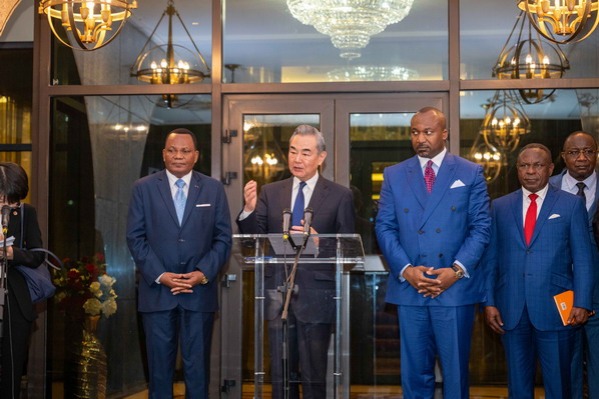Strategic misjudgments, military interventions doom US 'war on terror' after 9/11


With Washington later turning its head toward other issues, such as the 2007-2008 financial collapse, which led to a major US recession, Bush's successor, Obama, officially ended the Iraq War in 2011.
According to the US Department of Defense casualty website, the US military registered a total of 4,431 deaths as a result of the Iraq War, with 31,994 wounded in action. The Iraqi casualties are far higher.
Apart from its tragic human toll, the Iraq War was shockingly expensive in financial terms. The true cost of the war is estimated at 3 trillion US dollars, rather than the 50 billion dollars projected by the White House, according to a book co-authored by Nobel Prize-winning economist Joseph Stiglitz and Harvard professor Linda Bilmes.
"Terrorism still persists in Iraq, and it has crossed borders and become regional in the Middle East. We see what is happening in Syria and the countries of the region," said Hashim al-Shamma, a researcher in politics at the Iraqi Center for Legal Development, a non-governmental organization.
"The United States uses its counter-terrorism policy as an excuse to justify the failure of some of its policies," said the expert.
In addition to the two full-scale wars in Afghanistan and Iraq, Bush also waged a vast, global intelligence operation in a bid to hunt down and kill terrorists, as well as protect the United States from future attacks.
On May 2, 2011, Osama bin Laden, the alleged mastermind of the 9/11 terror attacks, was killed in a compound in Abbottabad, Pakistan, in a raid by a US Navy special forces team.
But terrorism, as US President Joe Biden conceded, has "metastasized across the world" despite US efforts to stop it.
Many of the US assessments on the Middle East are "highly incorrect," said Mostafa Amin, an Egyptian researcher on terrorism and also a columnist at Egypt's Rosa El Youssef newspaper.
"The United States greatly contributes to fueling the conflicts, internal crises and wars in the Middle East region," he said.
"US counter-terror efforts have achieved their main goal of preventing a large-scale foreign terrorism attack on the US homeland," William Courtney, a retired US ambassador and now an adjunct senior fellow at US think tank RAND Corporation, told Xinhua.
However, concerns remain, especially over a potential terrorist attack involving a weapon of mass destruction, Courtney said.
"On the US side, the US failed to recognize that historically, for a great power, invading Afghanistan has always cost far more than (what) the country is worth to hold, and that was America's 20-year mistake," Clay Ramsay, a researcher at the center for international and security studies at the University of Maryland, told Xinhua.

































